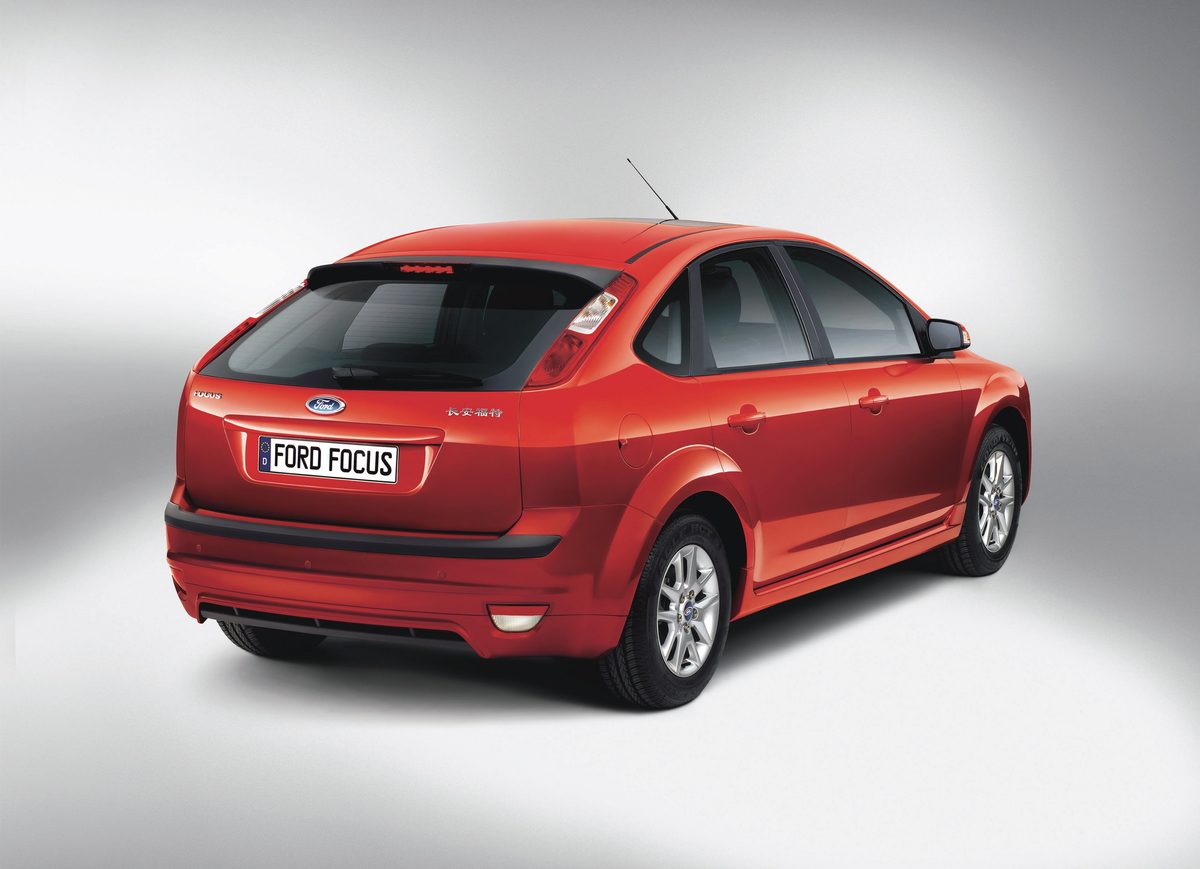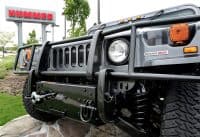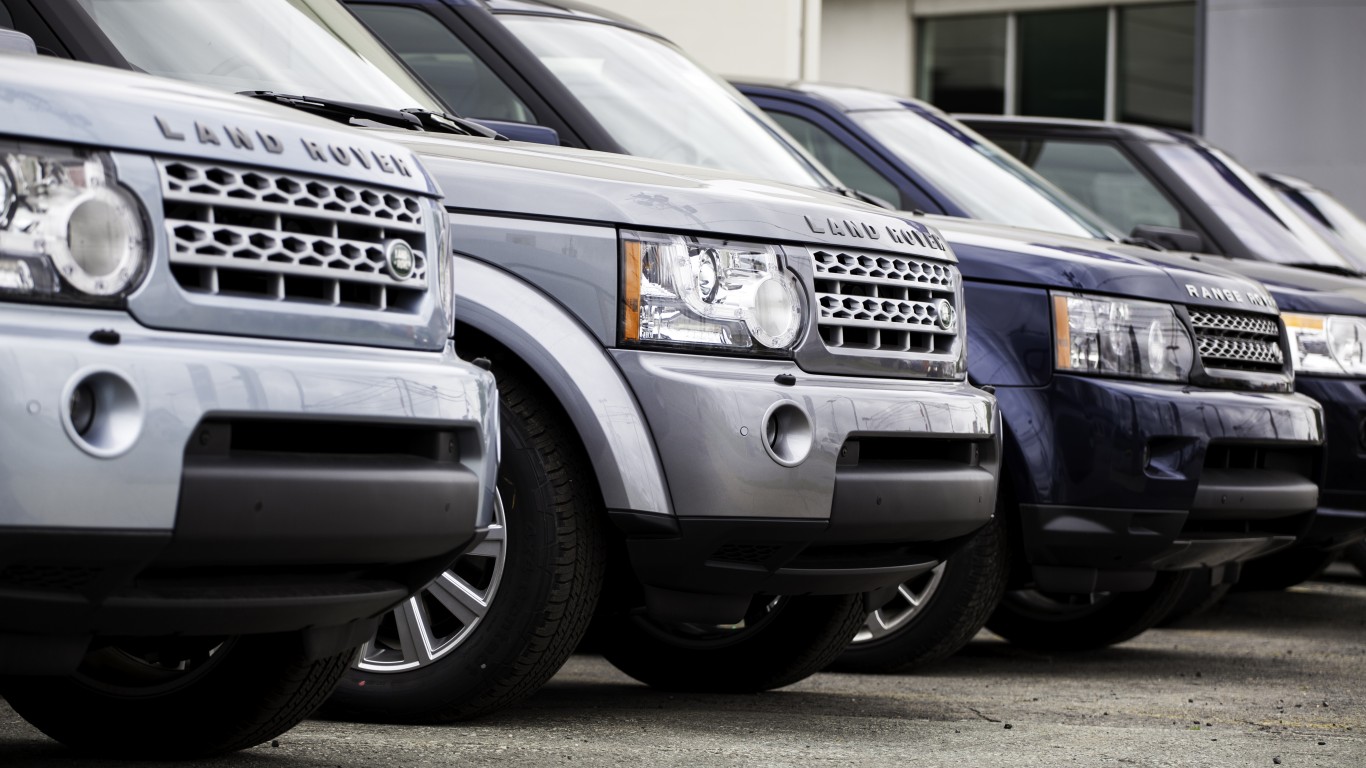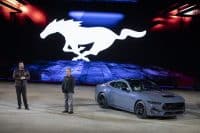The China Association of Automobile Manufacturers said Thursday that 1.85 million passenger vehicles were purchased in China in January, a record for monthly sales in the world’s largest auto market. However, that was growth of only about 7%, down sharply from a 17% gain in December.
The economic slowdown in the People’s Republic and efforts to fight traffic and smog in major Chinese cities gets the blame for the reduced growth in auto sales. The sales forecast for this year calls for growth of about 8% to 10%, down sharply from last year’s 15.7% expansion.
That is bad news for automakers, as China has been considered the future of the global car market. Some forecasts had it 50% larger than the U.S. auto market in a few years, perhaps double in a decade. The current market leaders in China are General Motors Co. (NYSE: GM) and Volkswagen, which each sold about three million cars there last year, and no doubt were looking forward to the nation representing a huge part of their future earnings.
Ford Motor Co. (NYSE: F) was gaining ground there too, with sales up nearly 50% to more than 935,000 vehicles last year. That helped it edge past Toyota Motor Corp. (NYSE: TM) and Honda Motor Co. Ltd. (NYSE: HMC) after trailing them for almost a decade.
Even luxury electric carmaker Tesla Motors Inc. (NASDAQ: TSLA) is pushing to make a splash in China. Its Model S will be available at a much lower premium than other luxury vehicles sold there. The country has criticized foreign automakers for excessive pricing. But Tesla sees China representing as much as a third of its global growth this year.
Between the economic slowdown and the glutted auto market in China, it looks like the hopes of automakers may not pan out for a while.
Get Ready To Retire (Sponsored)
Start by taking a quick retirement quiz from SmartAsset that will match you with up to 3 financial advisors that serve your area and beyond in 5 minutes, or less.
Each advisor has been vetted by SmartAsset and is held to a fiduciary standard to act in your best interests.
Here’s how it works:
1. Answer SmartAsset advisor match quiz
2. Review your pre-screened matches at your leisure. Check out the advisors’ profiles.
3. Speak with advisors at no cost to you. Have an introductory call on the phone or introduction in person and choose whom to work with in the future
Thank you for reading! Have some feedback for us?
Contact the 24/7 Wall St. editorial team.




